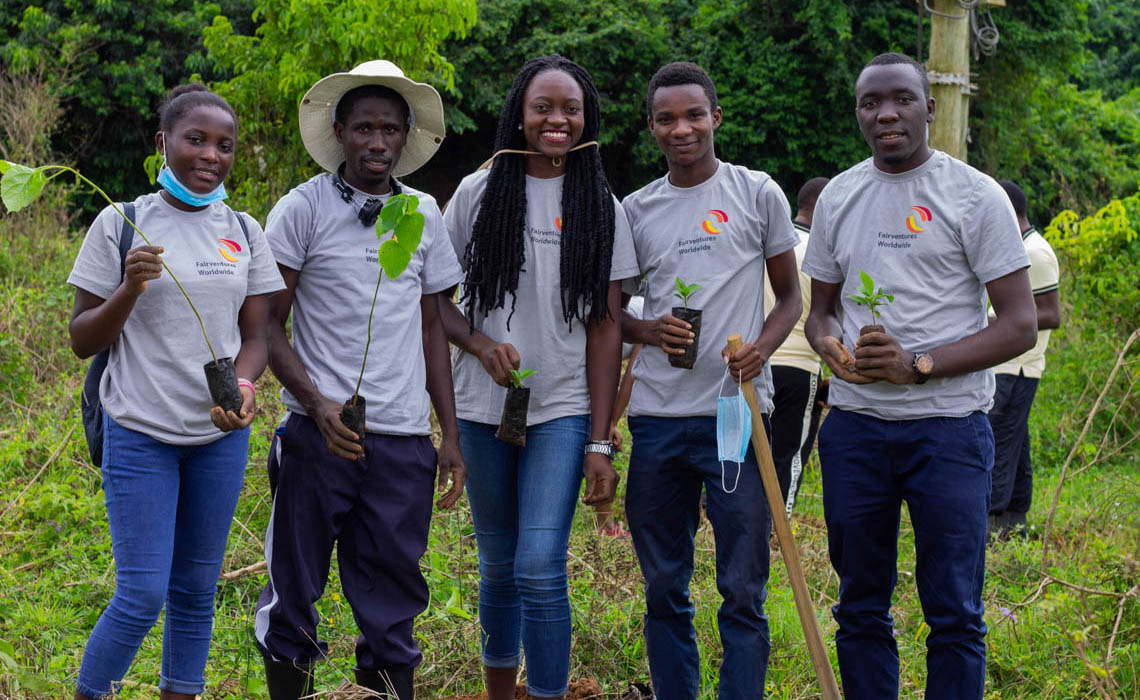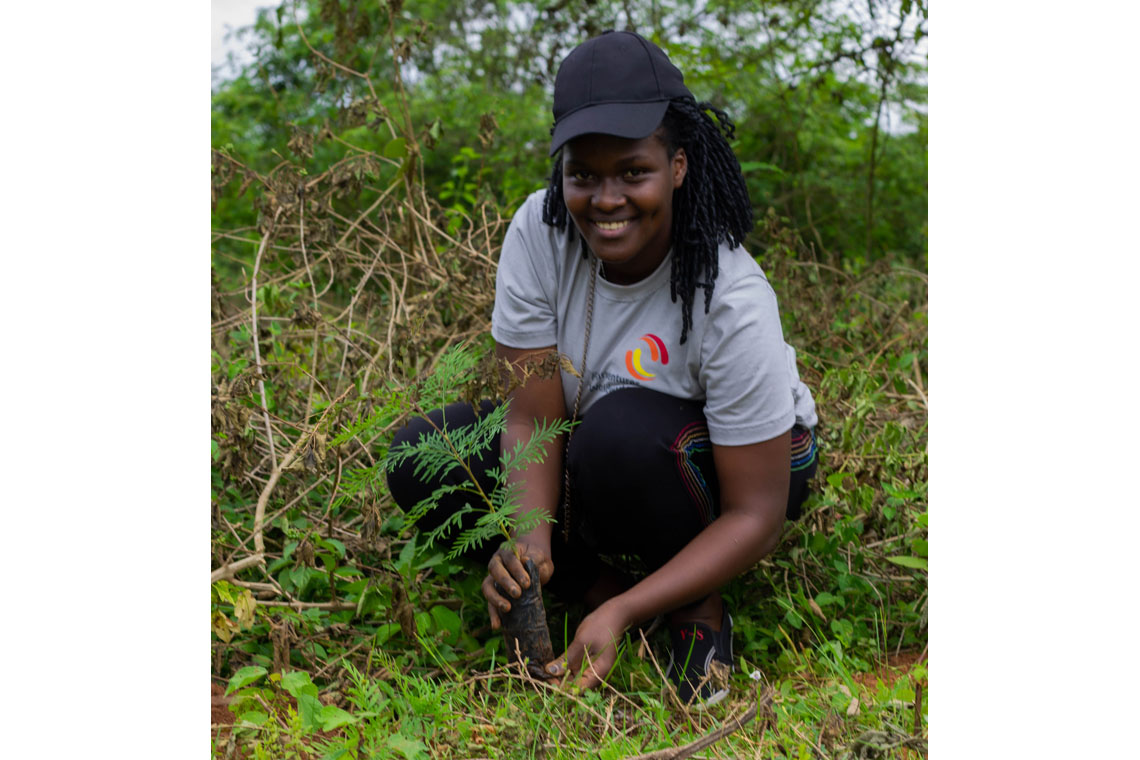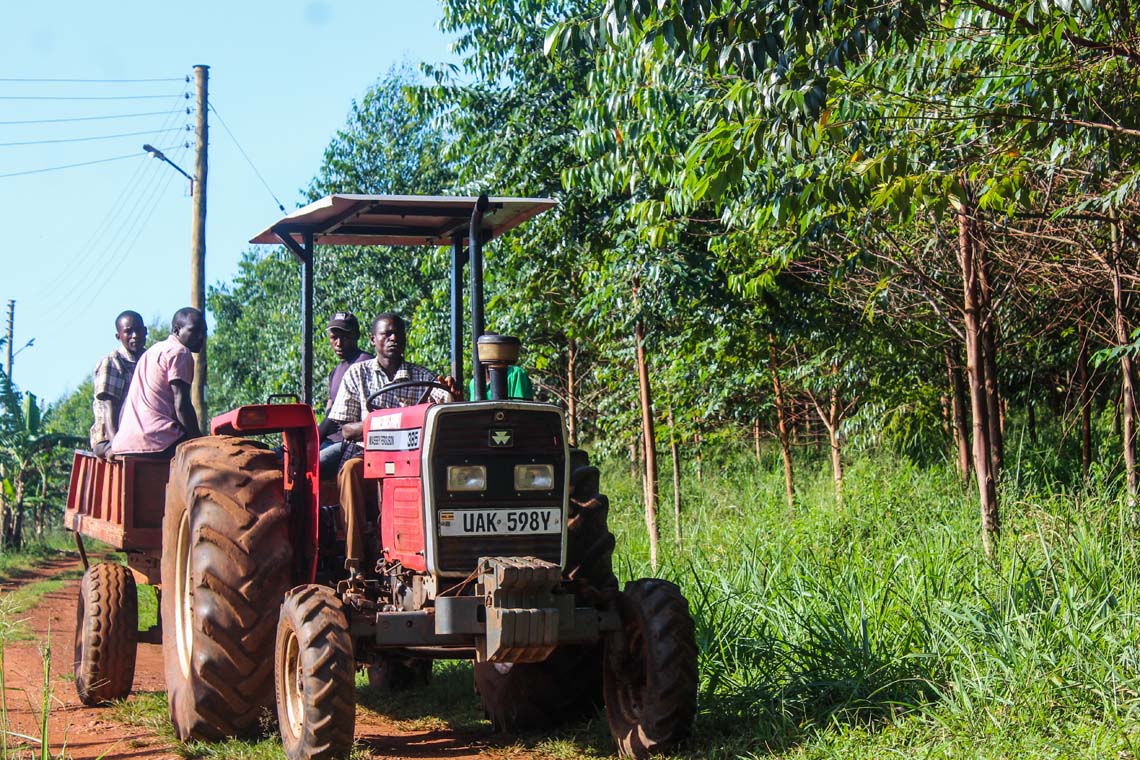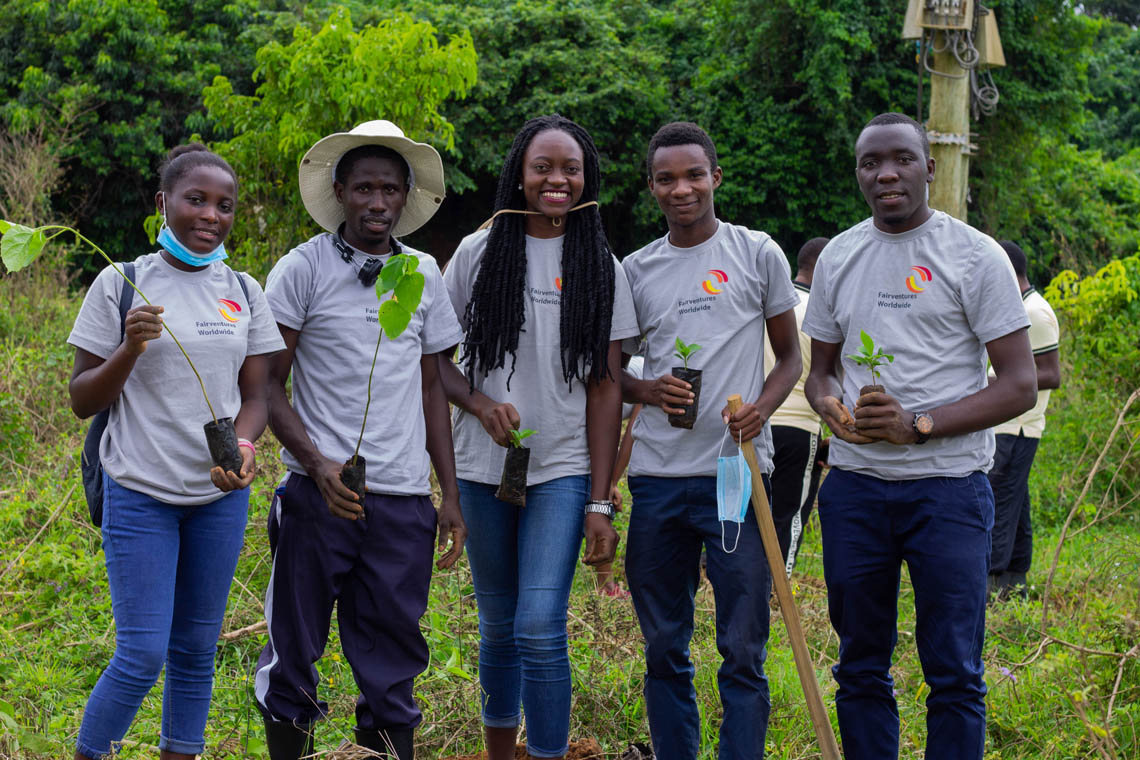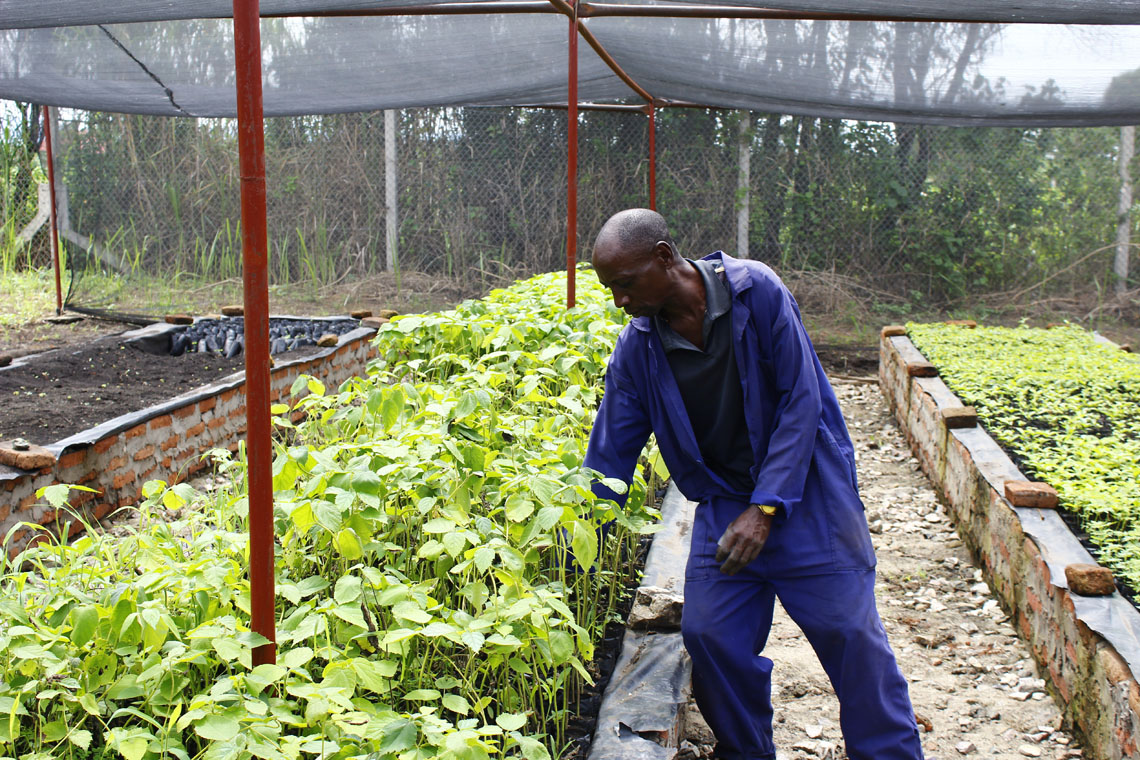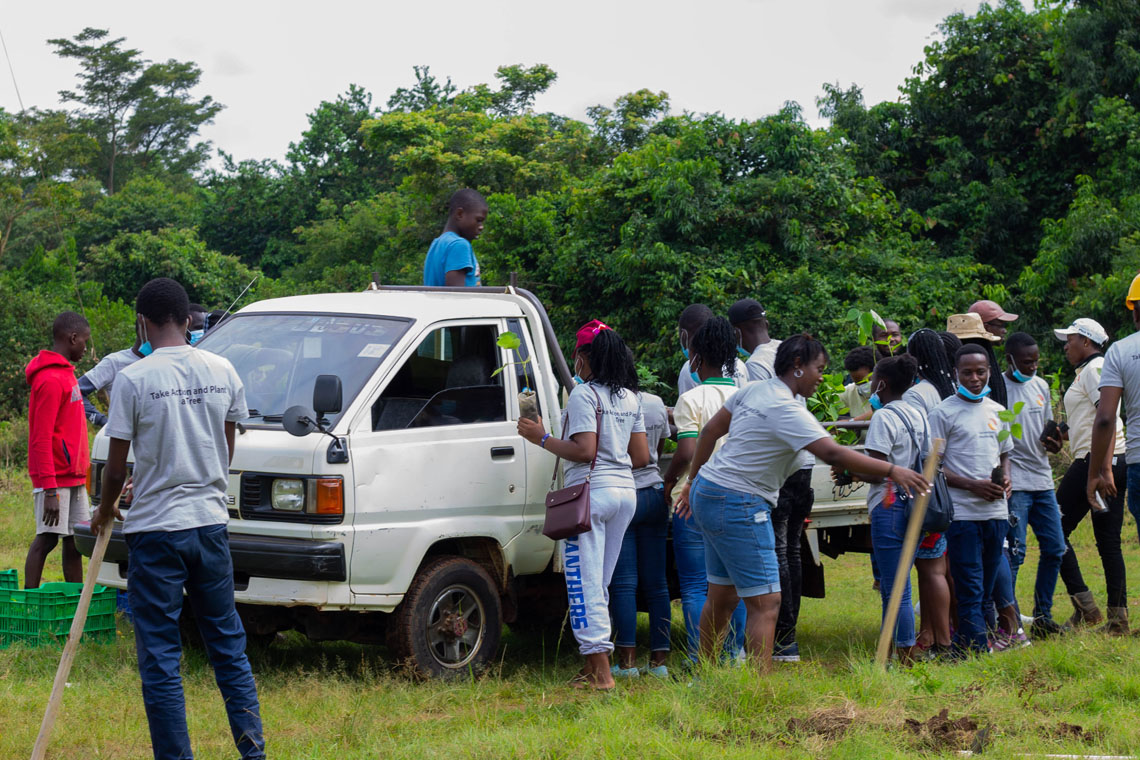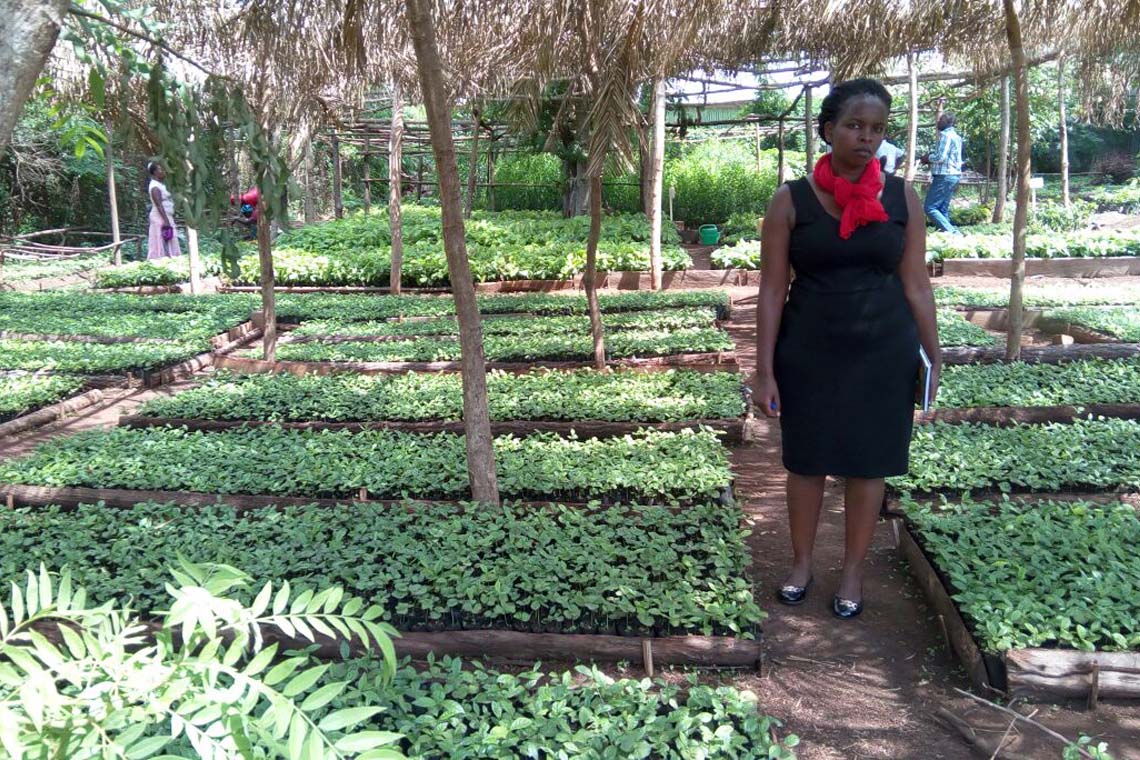Located in East Africa, Uganda is one of the poorest countries in the world. Ten foundations in the Stuttgart region (Germany) came together to form a network at the beginning of 2020 and are wholeheartedly committed to providing long-term support there. ‘We all wanted to help,’ explains Ingo Smit, Chairman of THE SCHAUFLER FOUNDATION Management Board. ‘But we knew from the very beginning that our top priority would have to be to help them help themselves.’
And thus the agroforestry project was born, combining sustainability and profitability. The aim is to enable small farmers to provide for themselves and their families or increase their income as soon as possible through farming and reforestation of unused land with fast-growing native trees. At newly established local tree schools, trainers provide small farmers with seedlings and the knowledge they need to work independently. ‘Our project brings agriculture and forestry together,’ says Ingo Smit. ‘The useful native plants are selected on the basis of the tree types that already exist in the region – and the other way round.’ A win-win situation: ‘Reforestation creates new woodlands in which useful plants can be planted between the trees. This combination of forestry and agriculture captures more carbon, and we create conditions that improve the economic situation for the families locally,’ adds Ingo Smit.
The joint project is managed by the Fairventures Worldwide and Stay foundations, which is a stroke of luck: ‘Fairventures has many years of experience with this form of development aid in various locations, including Indonesia,’ explains Ingo Smit. ‘Many small farmers have already been trained there, improving their situation over the long term.’ This expertise is now paying off in Uganda after two years, with results that are clear to see: more than 700 farmers trained and over 100,000 seedlings planted – despite the coronavirus pandemic. A great success for the locals and the ecosystem there.


